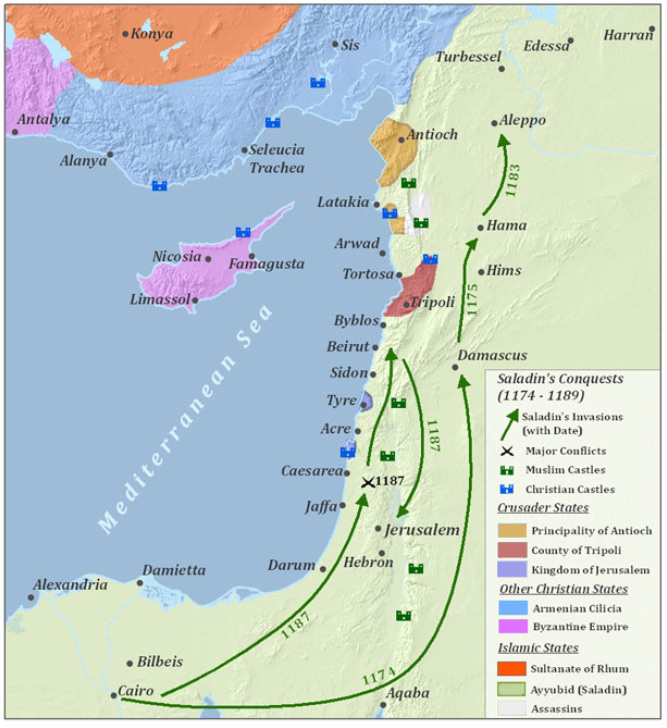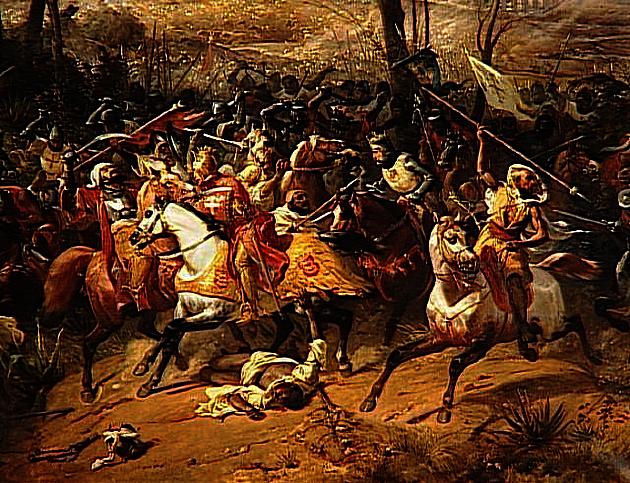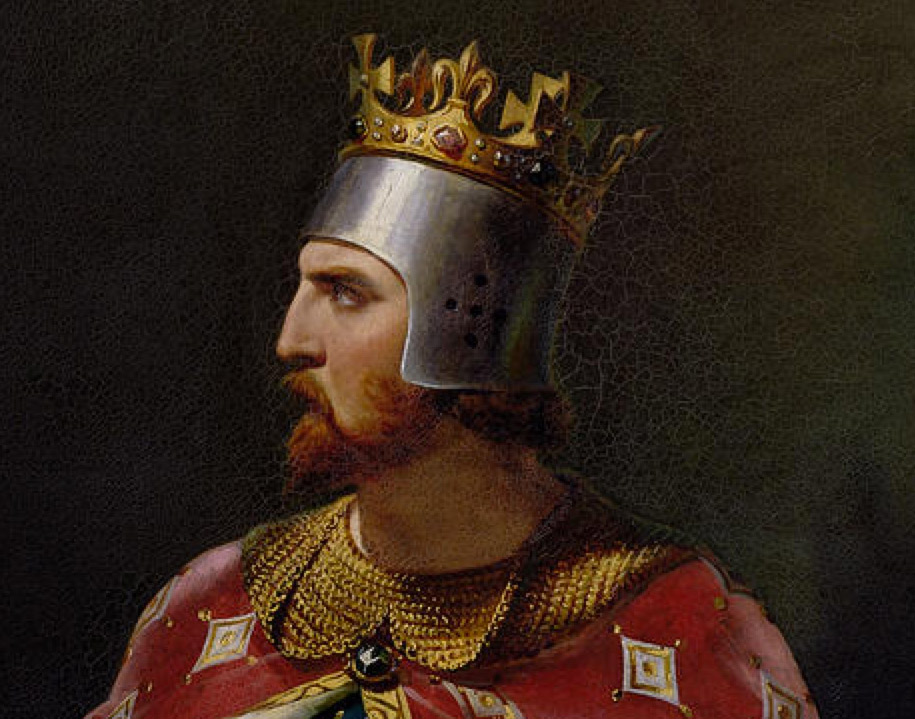By Dimitris Topalis,
The background of the Third Crusade
After the failure of the Second Crusade, the sultan Nur ad-Din Zangi had control of Damascus and a unified Syria. After the unification of Syria, Nur ad-Din Zangi also engaged in a successful conflict with the Fatimid dynasty, which ruled over Egypt. Nur ad-Din Zangi also appointed Saladin as the sultan of those territories. After the death of Nur ad-Din Zangi in 1174, Saladin used this unified force and, as the brilliant strategist that he was, he reigned supreme over the Crusaders. Saladin took Acre and in the year 1187, when he also sieged Jerusalem. The city of Jerusalem eventually fell to the hands of Saladin, thus gaining control of Palestine from the Crusaders, who had conquered the area about 88 years earlier. The news are said to have been so devastating that when they reached the west, pope Urban III collapsed and died upon hearing them.

The launch of the Third Crusade
After the death of Henry II -the King of England- in the year 1189, his son, Richard I, who is also known by his nickname “Lionheart”, succeeded him in the throne. Richard almost immediately began his preparations and endeavours to raise funds to launch a new Crusade. Richard was not the only European king to take part in the Third Crusade, as Phillip II King of France, and Frederick I, the Holy Roman Emperor, joined him. After all the conditions were met, the Third Crusade was launched (1189-1192), through the sea, the main vehicle for King Richard’s troops.
The siege of Acre
The siege of Acre was the first confrontation of the Third Crusade. Richard Lionheart arrived in Acre on June 8, 1191, and immediately began a siege. The city of Acre fell to the hands of the Crusaders shortly after. The Crusaders fought for the spoils of the victory and after a conflict, the German part of the Crusader Army left and returned to their home. On July 31, Philip also returned home, to settle the succession in Vermandois and Flanders, and Richard was left in sole charge of the Crusader forces. It is noticeable that the fall of Acre was a huge blow for Saladin, as Acre’s port was the best at the time and gave a strategical advantage to the controller of it.
Battle of Arsuf
The Crusaders’ next target after the victory in Acre was Jaffa, a vital port that supplied Jerusalem. On their way there, Saladin, after a lot of ineffective tactics on the marching army, decided that the best way of dealing with them was an engagement with a big part of his army. On 7 September 1191, on the land of Arsuf, the battle began. Muslim mounts and infantry archers, as well as infantry lance-bearers, attacked the marching Crusader infantry who, as usual, formed a protective block around the heavy cavalry units. After skirmishes for most of the day, the westerner’s heavy cavalry was unleashed to devastating effect. The Crusaders won the battle but the Muslim losses were not substantial. Saladin, having no other choice, withdrew to the relative safety of the forest, which bordered the land. Then the Crusaders marched towards Jaffa to rest and regroup. Although Richard wanted to first secure Egypt and isolate the enemy’s base, the rest of the Crusaders wanted to march straight into Jerusalem, which was the original goal of the Crusade. Richard Lionheart listened to his men and moved towards the Holy Land, but only after a cautious advance, strategically important castles protecting the army’s supply lines were captured and fortified. The result was that the crusader army did not reach its goal by January 1192.
The march to Jerusalem and the end of the Third Crusade
Richard marched to Jerusalem within sight, but he knew that he could not break the city’s formidable fortifications, his army had been reduced by a lot after two years of consistent battles and he feared that his army could not hold its own against a counterattack. Now the loss of Frederick’s army felt huge. The Crusaders started to lose their faith after the very extreme temperature and starvation. A march was made on Jerusalem the following year, but, as before, it stopped short and the leaders once again decided they might, as at Acre, take the city after a long siege but they would almost certainly be unable to hold off a counterattack from Saladin. The situation in Jerusalem was a stalemate. Saladin feared that the Crusaders would invade Jerusalem somehow and his spirit was tainted. Richard wanted to storm Jerusalem in an all-out attack as his final attempt. Then the most unexpected thing happened: Phillip threatened to dethrone Richard as the King of England. A decision needed to be made and Richard, despite the disappointment of his fellow Crusaders, who had sacrificed a lot for the Third Crusade, decided to agree on a truce with Saladin. The whole Crusader plan was abandoned and no Crusader Army would ever get close to Jerusalem. Richard salvaged something for all the effort and negotiated a peace deal with Saladin at Jaffa. The Crusader-held fortress of Ascalon had to be given up and dismantled, while a small strip of land around Acre was to be kept by the Crusaders, and the future safe treatment of Christian pilgrims to the Holy Land was also bargained for. It was not quite what was hoped for at the outset, but there could always be the Fourth Crusade at some time in the future. The rivalry between Saladin and Richard is one of the greatest in history. Both men were great tacticians and Generals and they became larger-than-life characters. In order to achieve the result, they needed both men to commit great atrocities during the war.

References
- RICHARD I › EUROPE » ANCIENT ORIGINS, edukalife.blogspot.com. Available here
- The Latin kingdom of Cyprus and the Crusades 1191-1374, Peter W. Edbury, ed. Dimitris Papadimas (p.30-44).




